How would you know if you have a faulty breaker?
Breaker or fuse replacement is sometimes needed when they become faulty. When a breaker trips too often due to overload or just due to old age, it can get faulty. The mechanisms inside it could stop working properly and it will either stay in the off or on position. When the breaker is in the off position there should not be any voltage across it. Also, when the breaker is in the on position, you have to be able to get 120v across each terminal to the ground. If you don’t get any voltage or a voltage quite lower than 120v, it means you have to replace it. Sometimes, on double or three pole breakers you may get a fault only on one phase. If this goes on for extended period of time, equipment that’s powered by it might get damaged.
Signs that you have a faulty breaker could be:
Frequent Tripping: If the breaker trips frequently, it could be a sign that it’s faulty. This is especially true if it trips immediately after being reset, even when the load is light or non-existent.
Failure to Reset: If the breaker won’t stay in the “on” or “reset” position, it might be faulty.
Physical Damage: Look for signs of physical damage such as burning or charring around the breaker, a burnt smell, or a breaker that feels hot to the touch.
- Old Age: Circuit breakers, like any other equipment, can wear out over time. If your breaker is old, it might be more prone to failure
Electrical Issues: If you’re experiencing issues such as flickering lights, sparking outlets, or a hot load center (panel), these could be signs of a faulty breaker.
What are GFCI or AFCI breakers and what are their differences?
GFCI (Ground Fault Circuit Interrupter) and AFCI (Arc Fault Circuit Interrupter) are two types of circuit breakers that provide different types of protection.
GFCI Breakers: GFCI breakers protect against ground faults, which occur when electrical current takes an unintended path to the ground. They are designed to protect people from electrical shocks by de-energizing the electricity within a very short period of time when an electrical current to ground exceeds certain values. GFCI protection is generally required wherever an outlet is in proximity to water sources that can create a direct path to earth.
AFCI Breakers: AFCI breakers, on the other hand, protect against arc faults, which are a signature of loose connections in home wiring. Arc faults refer to a current flowing through an unplanned path. AFCI breakers function by detecting if there is an arc in electricity and then shutting power off to stop the arcing.
Differences: The primary difference between GFCI and AFCI breakers lies in the type of protection they provide. While GFCI breakers protect against ground faults, typically where electricity may come into contact with water or the human body, AFCI breakers protect against arc faults, which are typically associated with fire hazards from arcing electricity.
Remember, working with electricity can be dangerous. If you suspect a faulty breaker, it’s best to consult with a licensed electrician. Safety should always be your top priority. Please don’t hesitate to contact us to book a quote.
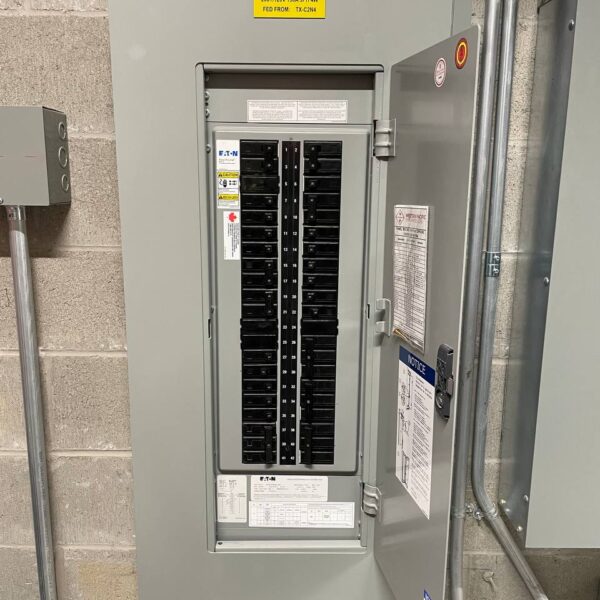
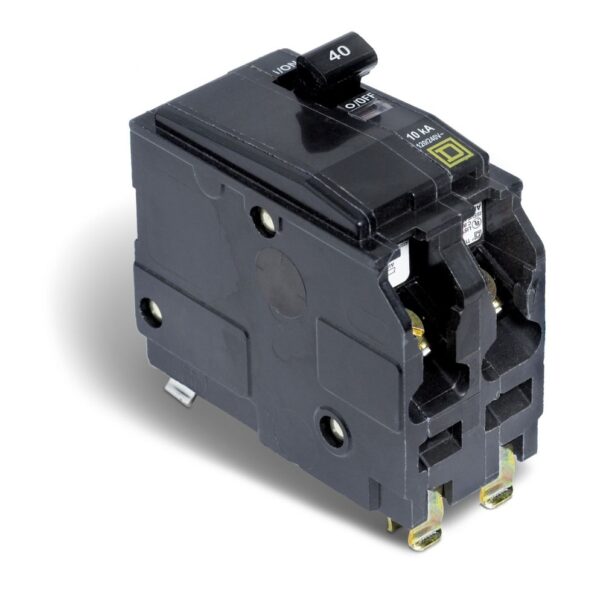
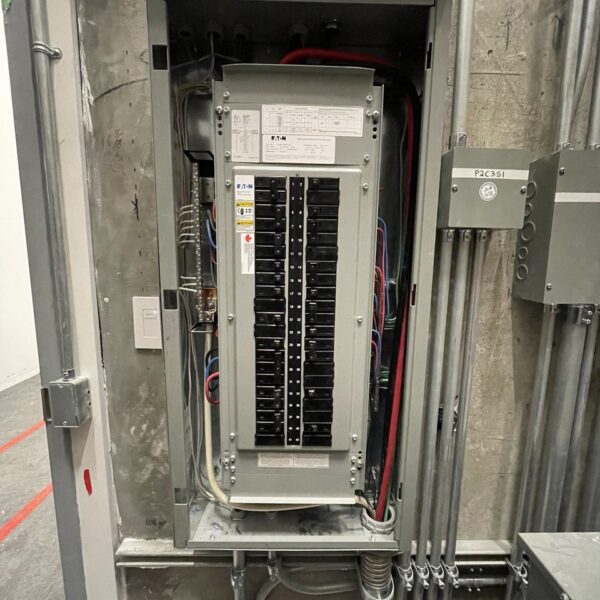
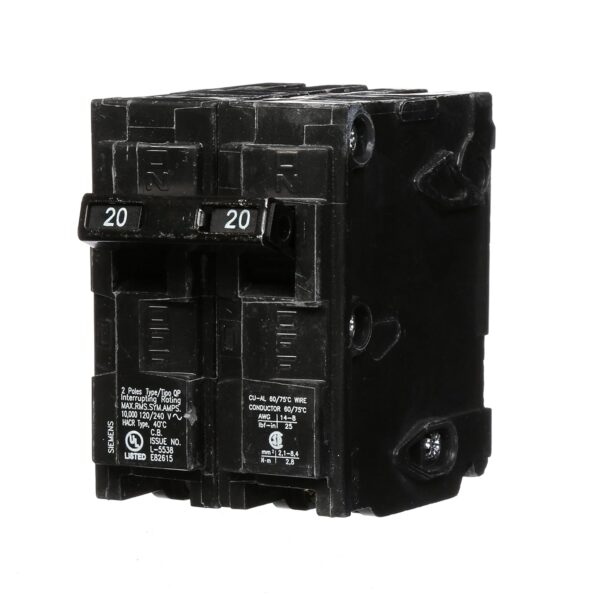
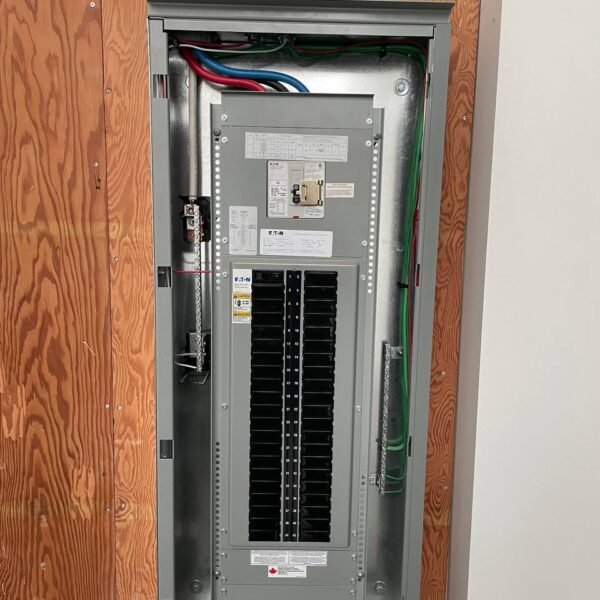
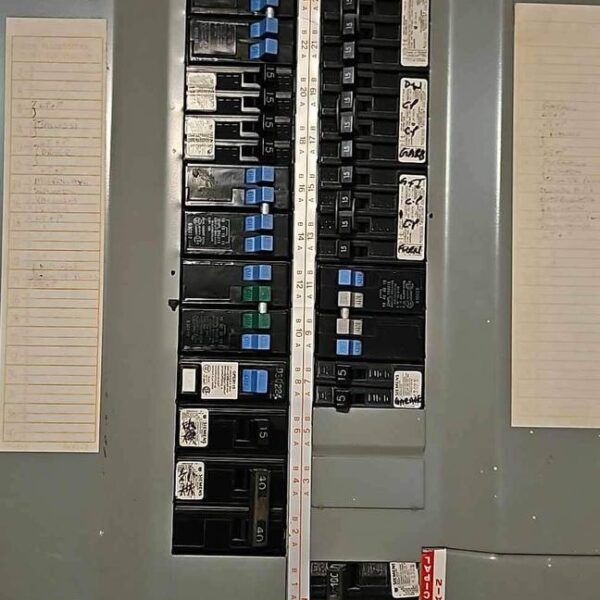
Get a quote
Contact Information
Feel free to reach out anytime. We will promptly get back to you. contact us.
Service locations

- Coquitlam
- Port Coquitlam
- Port Moody
- Burnaby
- New Westminster
- Vancouver
- Downtown Vancouver
- North Vancouver
- West Vancouver
- Surrey
- Langley
- Maple Ridge
- Mission
- Abbotsford
- Chilliwack
- Richmond
- Delta





